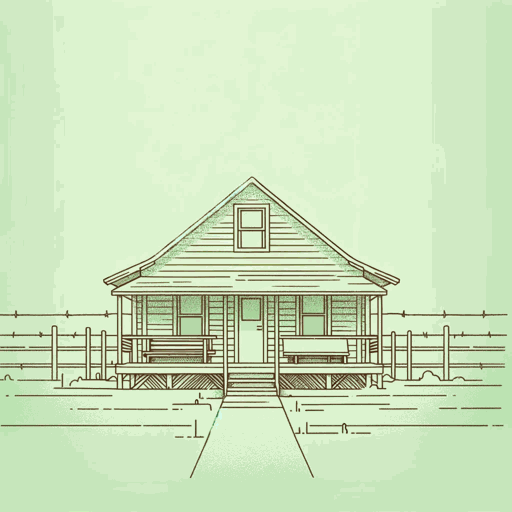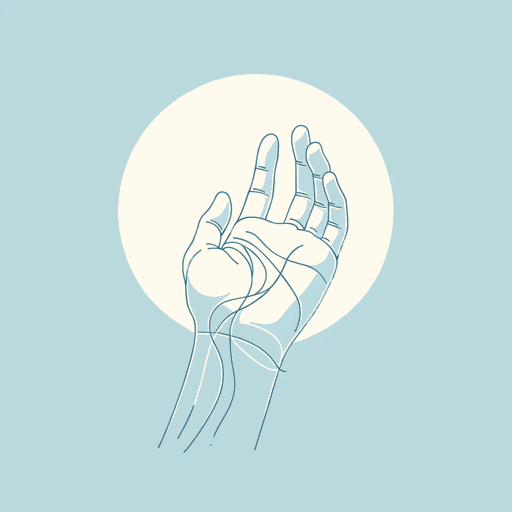49 pages • 1 hour read
Sheryl WuDunn, Nicholas D. KristofTightrope
Nonfiction | Book | Adult | Published in 2020A modern alternative to SparkNotes and CliffsNotes, SuperSummary offers high-quality Study Guides with detailed chapter summaries and analysis of major themes, characters, and more.
Important Quotes
“For ten generations, her forebears had struggled to scratch from the earth enough to eat, and now finally in her generation there was dizzying progress. Her kids were living their version of the American dream and inheriting a cornucopia. Electric lights. Tractors and cars. Education. Television. Medicare. Social security. Tampons. John Denver and Johnny Carson. Vaccinations. Hot showers. Twinkies. Boom boxes. As Dee lay in her sleeping bag, this certainty sustained her: Life was getting better in spite of Gary, and her children would inherit the earth.”
(Chapter 1, Page 7)
This quote introduces a central theme in the book: the intergenerational cycle of poverty. In this case, the quote illustrates a time, prior to the 1970s, when the opposite was true: when families could expect each generation’s lives to be better than the generation before them. The Knapp family, including Dee Knapp, her husband Gary, and their five children, had risen from abject poverty and upbringings in which Dee and Gary had had little formal education and lived in houses with no electricity or running water, to a state of affairs in which they were homeowners, their kids attended school, and the family had access to an array of consumer goods and government services that improved their lives, all of which seemed to promise a bright future. From here, the authors go on to explore how, due to policy changes that began in the 1970s, America did not deliver on this promise.
“These deaths from drugs, alcohol and suicide have been called ‘deaths of despair’ by the Princeton University economists Anne Case and Angus Deaton, and that pretty much captures the mortality on the Number 6 bus. The despair arises in part form frustrations about loss of status, loss of good jobs, loss of hope for one’s kids. Inequality is currently believed to be greater than it was in the Gilded Age of the nineteenth century, and just three Americans—Jeff Bezos, Bill Gates and Warren Buffett—now possess as much wealth as the entire bottom half of the population.”
(Chapter 2, Page 17)
Early in the book, the authors introduce the symbol of the Number 6 bus, the school bus that Kristof and other children in Yamhill took to school. In their childhood, the fact they all rode the bus together seemed to exemplify the rising tide of prosperity that was lifting the standard of living of all Americans.
Related Titles
By these authors



